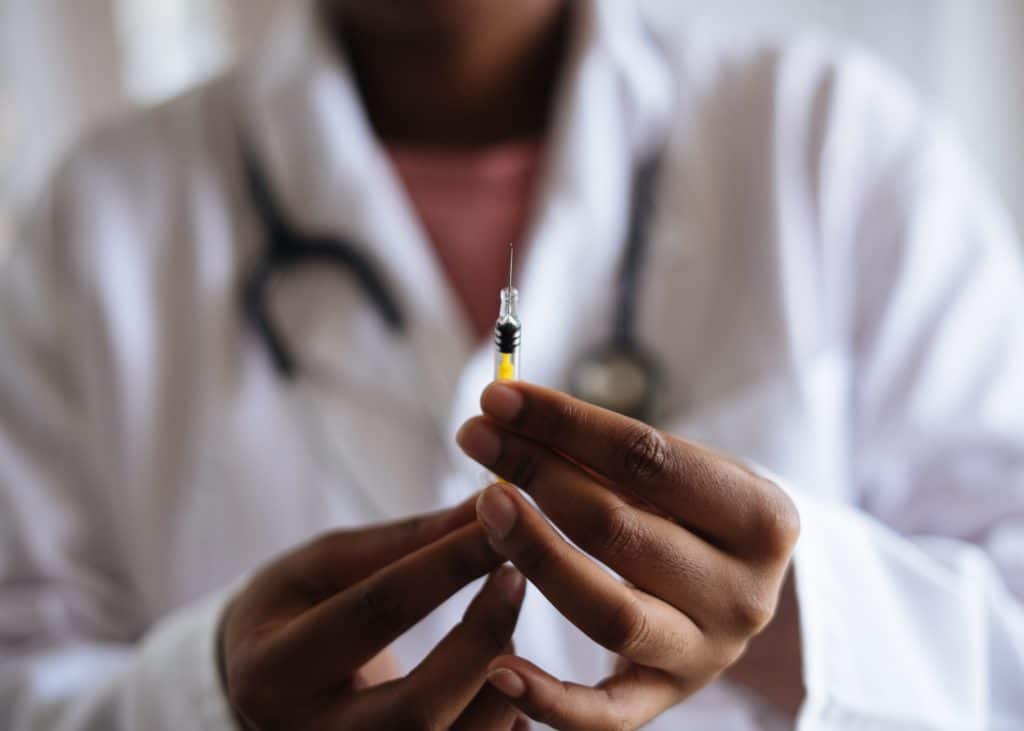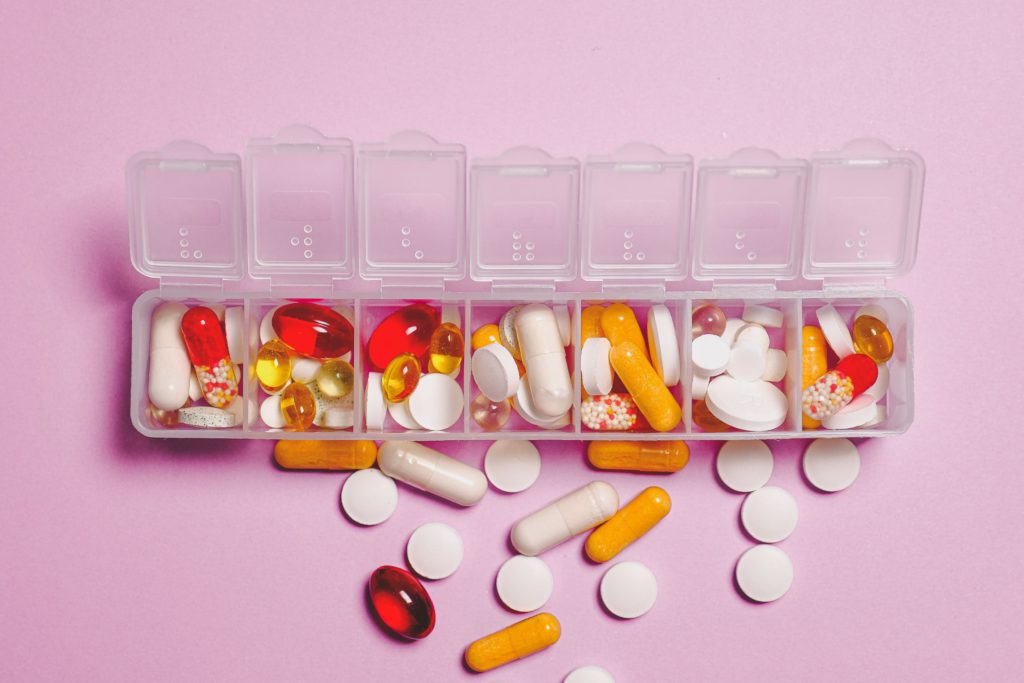Postpartum infections, also known as “Puerperal Fever,” is an umbrella term that would include any infection in the postpartum recovery period, which is typically considered to be at least the first six weeks after childbirth.

Postpartum infections are infections of the genitourinary tract (which is composed of the kidneys, ureters, bladder, urethra, and genital organs), surgical wounds, and breast that develop after the first 24 hours and into the first six weeks after childbirth.
Types of Postpartum Infections
There are various types of postpartum infections. Some of them include:
- Inflammation and infection of the uterus called Endometriosis.
- Infection or swelling of the breast tissue.
- Urinary tract infections (UTIs)
- Surgical site infections for moms who had an episiotomy or Caesarian section.
- Intravenous or IV line infection.
Recognize the Signs
How postpartum symptoms appear at first varies depending on where the infection is. However, in general, the most common signs of postpartum infections are:
- Severe pelvic or abdominal pain.
- Foul-smelling vaginal discharge.
- Fever and flu-like symptoms such as headaches, weakness, nausea, and loss of appetite.
- Persistent bleeding or heavy bleeding with blood clots.
- Little or no bleeding after delivery.
- Rapid heart rate and breathing problems.
- Inflammation, discharge or redness around the C-section incision or perineal tear.
- Pain in one or both of your breasts.
- Vaginal itching, difficulty when urinating or extremely dark urine
If you suspect that you have a postpartum infection, do not ignore your symptoms. Let your doctor or healthcare provider know right away. Your doctor will help you determine whether or not you have an infection and will decide on the appropriate treatment for you if you do.

Causes Of Postpartum Infection
Here are some of the causes of developing an infection after childbirth:
- Excessive bleeding after delivery
- Weak immune system
- Leftover placental fragments in the uterus after delivery
- Streptococcus, a bacteria that is typically harmless in adults
- Smoking and alcohol or substance use
- Excess weight
- Anaemia
- Prolonged labour
Risk Factors
You are more at risk of an infection if you:
- Had a caesarean delivery (C-section)
- Had a sexually transmitted infection (STI) at the time of delivery
- Have a history of diabetes
- Were pregnant at an older or very young age
- Have a history of hypertension (high blood pressure)
Treatment Options for Postpartum Infections
Antibiotics are nearly always needed to treat postpartum infections. Depending on the infection and how severe it is, these medications may be either orally or intravenously.

Although the majority of antibiotics used to treat postpartum infections are safe to use while nursing, be sure to check with your doctor.
How to Protect Yourself
Even though it Is not always possible to avoid postpartum infections, there are preventive measures you can take to lower your risk.
- If something appears off, call your doctor right away.
- Make sure to wash your hands before touching your genital area.
- Wipe from front to back after going to the bathroom.
- do not use rough paper or scented wet towels to clean the vagina.
- Only use maxi pads, and not tampons, for postpartum bleeding.
- Do not engage in sexual activity right away after giving birth.
- Change your bras frequently.
- Clean your breasts both before and after breastfeeding.
- Change and clean your bedding frequently.
- Frequently change your underwear to keep the vagina dry

Take Home Message
Know that the majority of postpartum infections can be treated by yourself and with the use of prescribed antibiotics. So try not to worry. However, regardless of how easily these infections can be treated, do not take them lightly. Make sure to pay close attention to your body and always seek medical attention if you feel like something is wrong. That way, you can get right back to enjoying your baby and motherhood.

